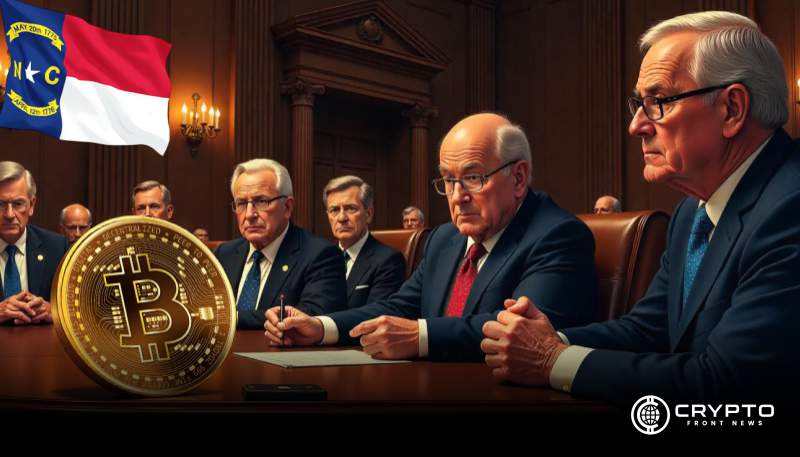- U.S. regulators now allow banks to offer Bitcoin custody services, urging strong risk controls and compliance with existing laws.
- The Fed, FDIC, and OCC reversed earlier positions, giving banks room to explore crypto services like trading and stablecoin operations.
- With Jonathan Gould confirmed to lead the OCC, Washington signals growing support for deeper crypto adoption across the banking sector.
The Federal Reserve, FDIC, and OCC have jointly confirmed that U.S. banks can now offer Bitcoin and crypto custody services. This gives traditional financial institutions the go-ahead to engage directly with digital assets.
The joint statement, released today, highlights the proper risk management and compliance as banks begin handling crypto on behalf of customers. Importantly, the statement does not introduce new rules but reinforces existing laws and supervisory frameworks.
Additionally, the authorities stressed that crypto custody must to adhere to recognized safety and soundness criteria. Therefore, just as they do with traditional banking operations, institutions must apply the same controls to digital assets. Safe storage procedures, cyber-risk defenses, and client fund segregation are all included.
Fed and Regulators Move Toward Openness
Over the past few months, multiple agencies have updated their positions on digital asset services. In April, the Fed and FDIC withdrew earlier statements that discouraged bank involvement with crypto. This reversal signaled a more open attitude toward digital assets under the Trump administration.
Moreover, the OCC in May confirmed that U.S. banks can buy and sell crypto for their own accounts. The agency also clarified that banks may participate in stablecoin operations and blockchain verification networks. Rodney E. Hood, a top OCC official, stressed that novel bank activities must follow the same compliance standards as legacy operations.
Additionally, the Senate recently confirmed blockchain executive Jonathan Gould to head the OCC. Gould previously served as Bitfury’s chief legal officer and has deep crypto regulatory experience. His confirmation reflects Washington’s broader shift toward crypto integration within the financial system.
The regulators stated they plan to issue more guidance in the coming months. They aim to ensure that banking organizations understand how to engage in crypto-related services lawfully. Notably, the FDIC also announced banks no longer need to notify the agency before starting crypto operations.





